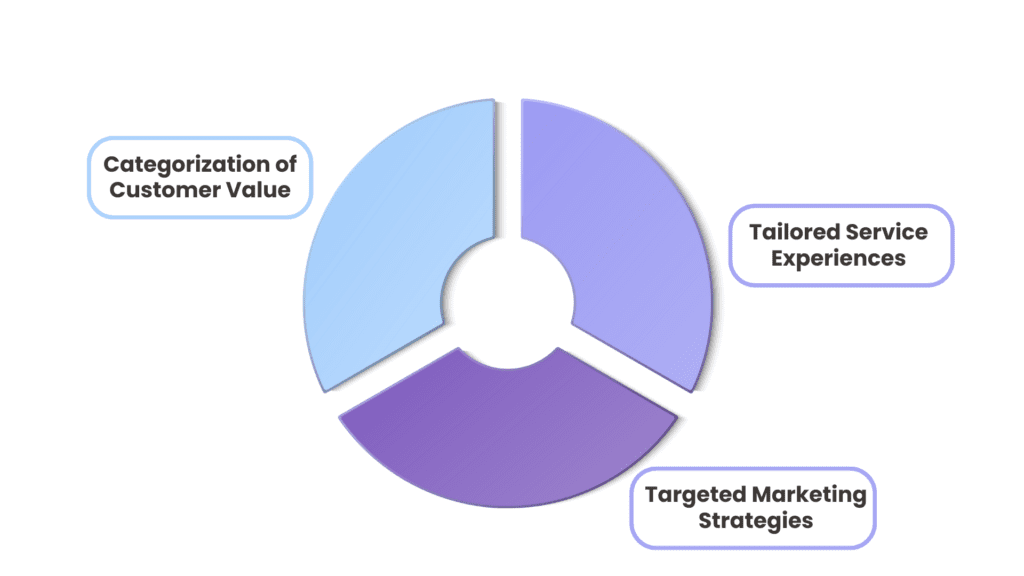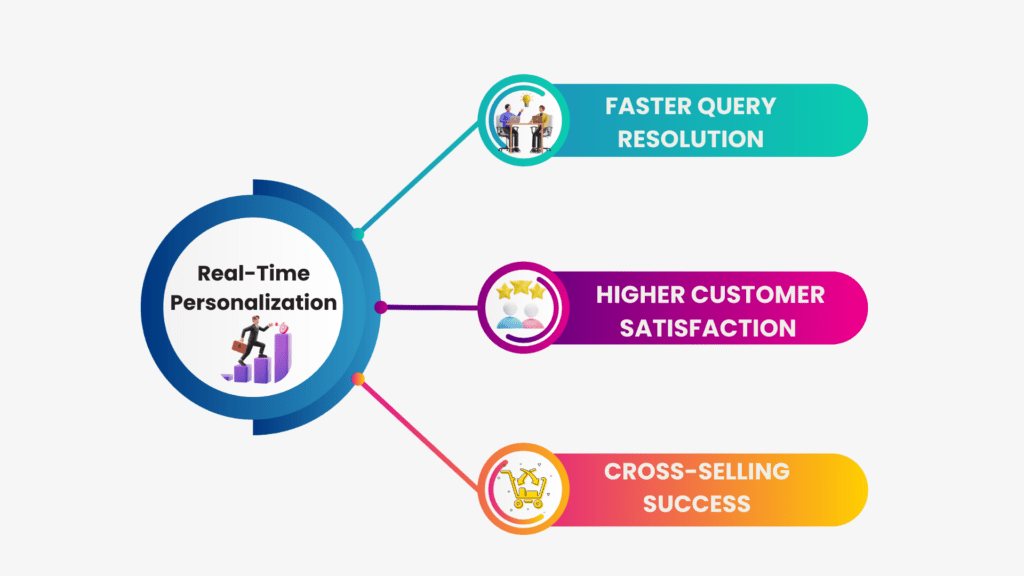Empowering Resilience: Key Strategies

In the rapidly changing and competitive business environment, the success of contact centers hinges on their ability to adapt and thrive amidst challenges. Building resilience within contact center teams is not just a strategic advantage; it is a necessity. Resilience enables teams to navigate high-pressure situations, maintain productivity, and provide exceptional customer experiences. In this article, we will explore effective strategies for empowering contact center teams, focusing on ongoing training and development, mental health support, and the importance of team dynamics.
The Importance of Resilience in Contact Centres
Resilience refers to the ability to adapt and maintain performance under stress. According to the American Psychological Association, resilient teams reduce stress and improve job satisfaction, which leads to higher performance. For contact centers, where agents face high workloads and demanding customers, fostering resilience is crucial.
Training and Development: Emphasizing Ongoing Training
One of the foundational pillars of building resilience is investing in comprehensive training and development programs. Continuous learning equips team members with the skills and knowledge needed to manage high-pressure situations effectively.
1. Comprehensive Skill Development
Resilience begins with training that equips employees with both technical skills and soft skills like conflict resolution and emotional intelligence. This well-rounded approach ensures agents can handle diverse customer interactions.
2. Simulation and Role-Playing
Simulations and role-playing exercises allow agents to practice real-world scenarios, like dealing with irate customers, in a safe environment. This prepares them for challenging interactions and enhances their resilience.
3. Ongoing Learning and Feedback
Resilience is not static; it requires continuous development. A culture of regular feedback and coaching helps agents grow, adapt, and stay resilient in their roles. Encouraging feedback from peers and supervisors creates an open, growth-oriented environment.
Mental Health Support: Prioritizing Well-Being
A resilient team is one that prioritizes mental health and well-being. The demanding nature of contact center work can take a toll on employees’ mental health, leading to burnout and decreased productivity. It is essential for organizations to provide robust mental health resources and create a supportive environment.
1. Accessible Mental Health Resources
To prevent burnout, organizations should provide mental health resources such as counseling and stress management workshops. These tools help employees cope with stress, improving their overall well-being and productivity.
2. Creating a Supportive Environment
A culture of support and open discussions about mental health is essential. Organizations should create safe spaces where employees can share their experiences without fear of stigma. This fosters a sense of community and belonging.
3. Flexible Work Arrangements
Offering flexible work hours or remote options allows employees to manage their work-life balance more effectively. Flexibility reduces stress and enhances job satisfaction, contributing to greater resilience.
Team Dynamics: The Power of Collaboration
Team dynamics play a crucial role in building resilience within contact centers. Strong collaboration and teamwork contribute to a positive work environment where employees feel empowered and supported.
1. Fostering Collaboration
Strong teamwork is essential for resilience. Encouraging collaboration through team-building activities and open communication strengthens relationships, ensuring employees feel supported during tough times.
2. Celebrating Successes
Recognizing both individual and team achievements builds morale and reinforces positive behavior. Celebrations of success motivate employees to keep performing well, especially in high-pressure situations.
3. Reward & Recognition
A robust rewards system can boost resilience. Formal recognition like employee-of-the-month awards or public shoutouts boosts morale and incentivizes high performance. Non-financial rewards, such as personalized recognition or career development opportunities, also enhance job satisfaction.
4. Continuous Improvement Mindset
Encouraging employees to suggest improvements and share feedback creates a culture of growth. When employees feel their ideas are valued, they remain engaged and committed to continuous improvement.
Developing Emotional Intelligence
Emotional intelligence (EI) includes self-awareness, self-regulation, motivation, empathy, and social skills. In contact centers, these abilities help employees handle stress, adapt to change, and work well in teams.
Agents with high EI can recognize and manage their emotions while empathizing with customers. This helps them read emotional cues and respond effectively, creating positive interactions, especially in tense customer service situations.
- The Emotional Connection
Emotional intelligence (EI) allows agents to recognize and manage emotions, leading to better customer interactions. A strong emotional connection with customers fosters trust and loyalty.
- Effective Problem Resolution
Agents with high EI can manage difficult conversations and resolve conflicts more effectively. For example, training in EI led to a 25% reduction in call escalations for a telecommunications company, enhancing customer satisfaction.
- Personalized Interactions
EI helps agents tailor their communication to meet individual customer needs, creating personalized and memorable experiences. Personalized service is a key driver of customer loyalty.
Benefits of Integrating Emotional Intelligence into Customer Experience
- Higher Customer Satisfaction Scores
Organizations that prioritize emotional intelligence in their customer service often report higher satisfaction. For instance, a retail chain saw a 15% increase in satisfaction scores after implementing EI training.
- Improved Customer Retention Rates
Empathetic interactions foster customer loyalty, leading to improved retention rates. A Bain & Company study found that increasing retention rates by 5% can boost profits by 25% to 95%.
- Enhanced Agent Performance and Morale
EI training not only benefits customers but also improves agent morale and performance. A healthcare contact center saw a 20% drop in employee turnover after implementing EI training, resulting in a more experienced workforce.
- Stronger Brand Reputation
Organizations with emotionally intelligent customer service teams build stronger reputations. Positive customer experiences lead to word-of-mouth referrals, boosting brand credibility.
Conclusion:
Resilience in contact centers is built on continuous training, mental health support, and strong team dynamics. By investing in comprehensive skill development, promoting mental well-being, and fostering collaboration, organizations can create resilient teams capable of thriving under pressure. Developing emotional intelligence further enhances both agent performance and customer satisfaction. As contact centers implement these strategies, they will be better equipped to navigate challenges, improve service quality, and drive long-term success.



Some genuinely interesting points you have written.Helped me a lot, just what I was looking for : D.